
Dhaka, May 15 (V7N) —The Government of Bangladesh and the United Nations Country Team (UNCT) convened today for the biannual meeting of the Joint Steering Committee (JSC) to assess the implementation of the UN Sustainable Development Cooperation Framework (UNSDCF), launch the 2024 UN Country Results Report, and endorse strategic priorities for the year ahead.
Reflecting on a year marked by political transition, major climate disasters, and reform momentum, the JSC highlighted the UN’s adaptability in navigating through the transition, as well as its support in advancing key areas of governance reform, human rights, and institutional strengthening.
The UN delivered $215 million in development programming in 2024. Among the many highlights of its work, the UN supported the development of the Smooth Transition Strategy for LDC graduation, created over 4,000 jobs in partnership with the private sector, helped 116 businesses to improve turnover, and facilitated digital skills training for over 11,000 young people.
UN-supported efforts enabled access to social protection services for 40 million people, with 580,000 children benefitting from protection programmes. Across Bangladesh, 5.6 million adolescent girls were vaccinated against the Human Papilloma Virus to protect against cervical cancer, covering 93% of girls aged 10-14 in the divisions targeted.
In a year marked by climate disasters, the UN coordinated $44 million of assistance for flood and cyclone response and provided humanitarian aid to 1.72 million disaster-affected people, as well as facilitating climate risk awareness for 2 million Bangladeshis. Through its governance and gender work, the UN enabled Village Courts to serve 66% of rural unions reaching 61 million people, supported the Sexual Harassment Prevention and Protection Bill and advocated for the amendment of the Domestic Violence Act.

The meeting, co-chaired by Mr. Md. Shahriar Kader Siddiky, Secretary of the Economic Relations Division (ERD), and Ms. Gwyn Lewis, UN Resident Coordinator in Bangladesh, brought together senior representatives from line ministries and UN agencies. With the Government’s decision to extend the Eighth Five-Year Plan by one year, the JSC formally endorsed a corresponding one-year extension of the UNSDCF (2022–2026) to maintain alignment with national development planning.
“The past year was a challenging one—but it also revealed the determination and dignity of the Bangladeshi people. I am proud of the partnership between Bangladesh and the UN: it remains grounded in shared values and aspirations,” said Ms. Gwyn Lewis. “As the country prepares for LDC graduation, we stand ready to help deliver lasting reform, climate resilience, economic transformation, and gender equality, leaving no one behind.”
A special session was dedicated to the Declaration on Future Generations and the UN’s work on youth engagement. Participants discussed efforts to amplify the voices of young people and integrate intergenerational equity into national policy priorities as a follow up to the 2024 Summit of the Future.
Mr. Siddiky reaffirmed the Government’s appreciation for the UN’s continued partnership and expressed optimism that the extended Cooperation Framework would provide a strong platform for deepening collaboration during the transition period and beyond. “We welcome progress on climate financing platforms like the Bangladesh Climate Development Partnership, and continued UN and development partner support is needed,” said the Secretary of the Economic Relations Division. “Youth employment, social enterprises, and impact funding must be prioritized to realize the Honourable Chief Adviser’s ‘three zeros’ vision. Urgent attention is also needed for water resource management, local governance, and responsive UN support ahead of upcoming reforms and elections,” said Mr. Siddiky.
The JSC concluded with agreement on key next steps, including the launch of the final-year evaluation of the UNSDCF in late 2025 and a commitment to accelerate progress on SDG implementation and LDC graduation goals.
The Cooperation Framework outlines UN support to Bangladesh in advancing the SDGs across five strategic priorities:
- Inclusive and Sustainable Economic Development
- Equitable Human Development and Well Being
- Sustainable, Healthy and Resilient Environment
- Transformative, Participatory and Inclusive Governance
- Gender Equality and Eliminating Gender-Based Violence
END/MSS/AJ



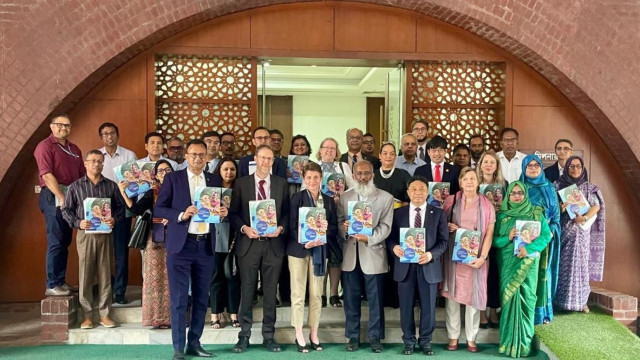

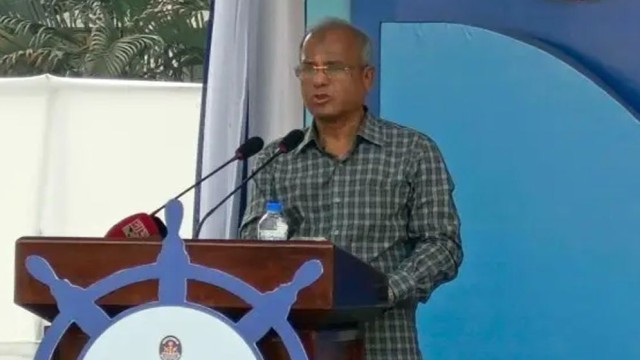
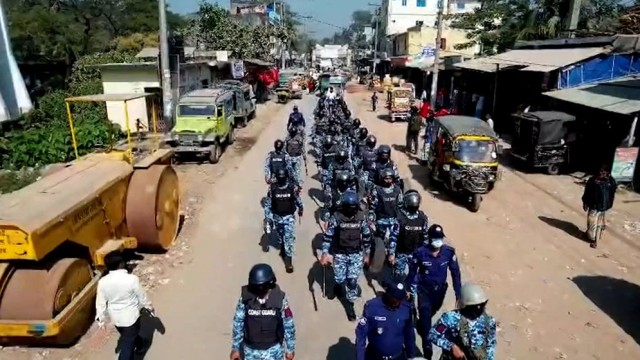

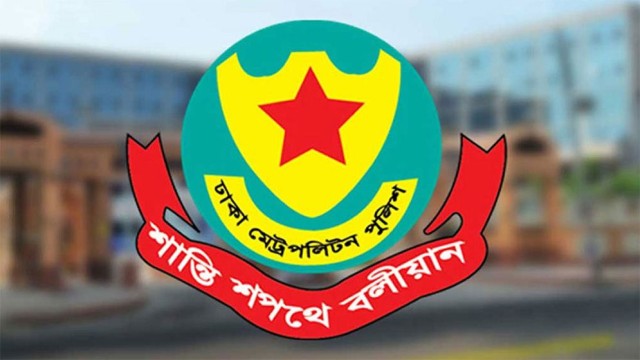
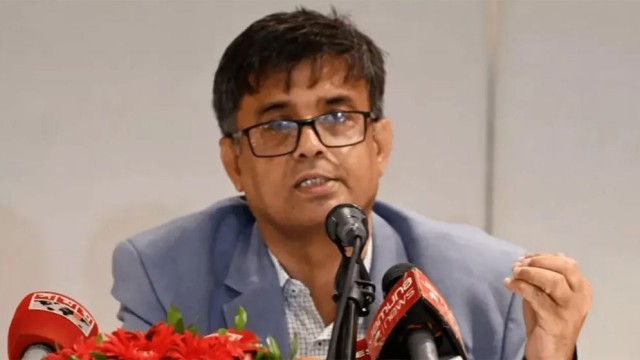

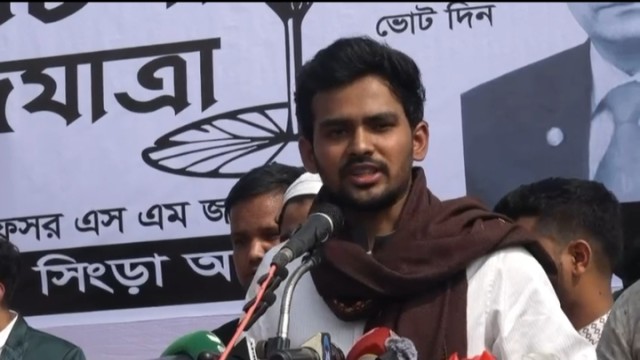
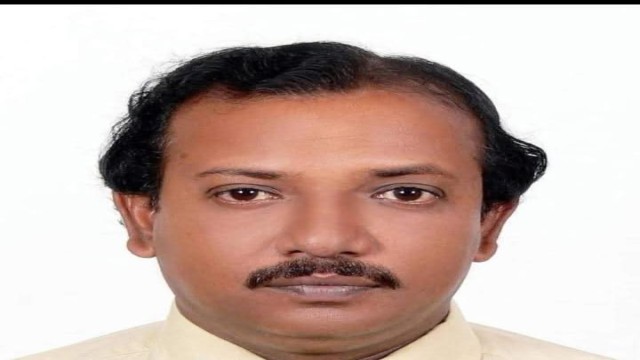


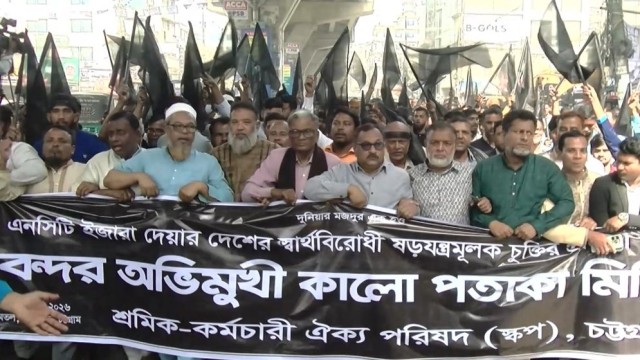
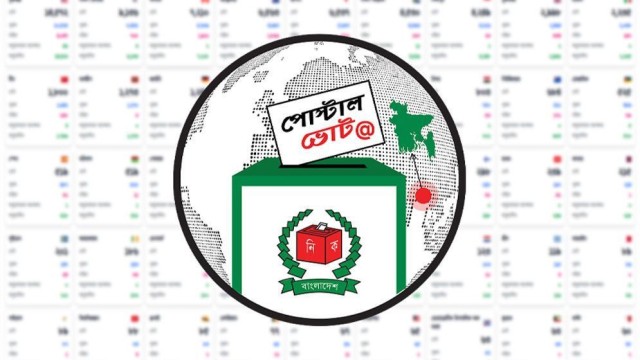
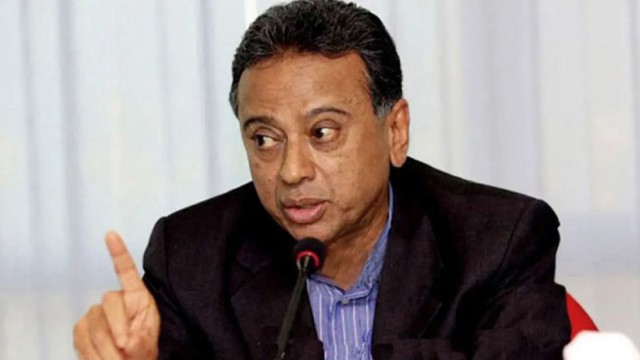

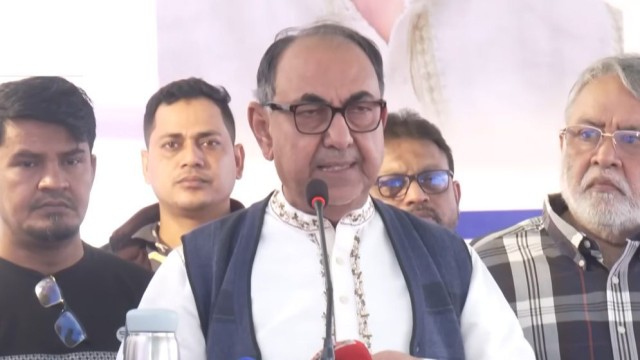








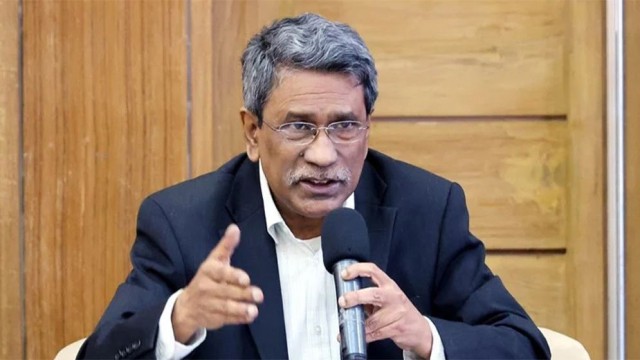
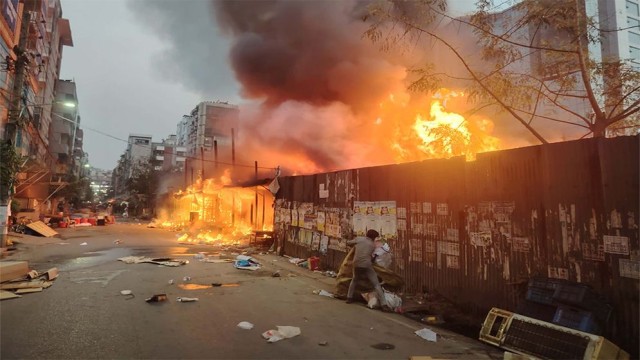

Comment: